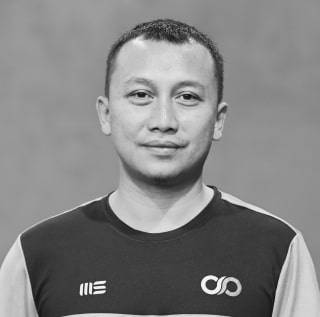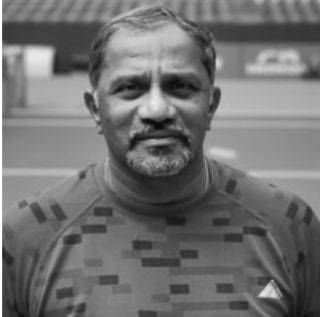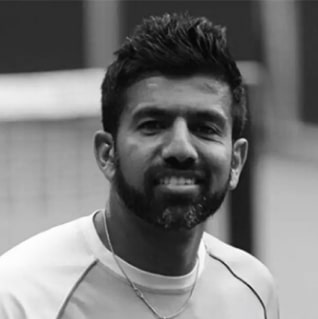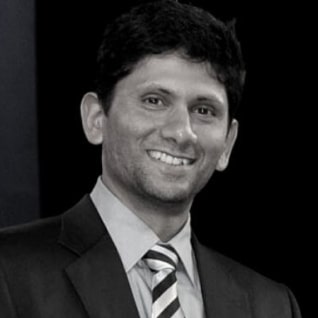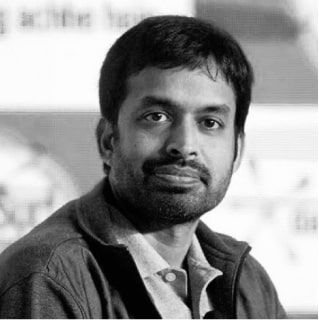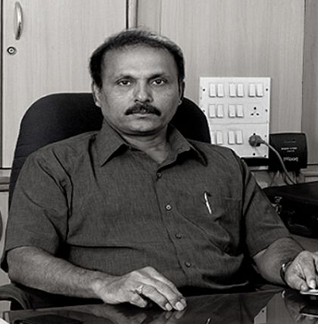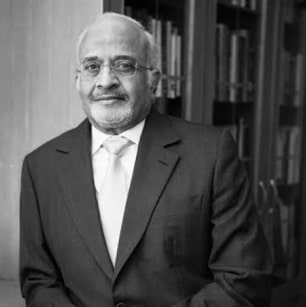
What are the Positive Effects of New Education Policy on Sports?
The iconic Nelson Mandela, once speaking to a team of aspiring athletes, had said during that meeting that he probably didn’t know whether any of those would in future go on to participate in sports successfully; however, what he actually knew was that potential surgeons, judges, auditors, and other professions would always have used the life knowledge and skills learned from participating in sports in one’s life. On the national front, the government feels it is indeed high time to incorporate Rabindranath Tagore’s 100-year dream of overall holistic growth into the country’s new educational reform framework. On the same lines, The Sports School talks about the new education policy and its positive effects on sports on those aspiring to make it their profession.
Government Directives
The annual National Sports Day has already passed, and the country has rightly paid homage to its prominent sportsmen. If you had to ask a group of fellow learners how so many of them enjoy sports and, therefore, are involved in playing it, almost all of the hands will go up. We also agree that children perform better when they have been asked to do what they like and desire to do. The government directives consider if we could use this passion for sports to teach students and teenagers professionals practical skills that will affect their development lifestyle. Why should we not think of athletics as a means of instruction in which students would enjoy being educated?
National Education Policy 2021
Often people misunderstand sports with only practising it or refer to it as a thing to be learned in schools, instead of curriculum. The National Education Policy 2021 tips strongly toward the above view, despite recognising that sports are far more than just either one of those two factors. Utilised effectively, this can easily become a lifestyle choice that distinguishes young school-going students and influences what they could develop into.
Nevertheless, this same NEP struggles to understand this basic reality or harness the critical application of sport to shaping impressionable students and creating identities. It corresponds once again to physical activity and physical education mainly as a concept, to be learned as a medium of instruction, with its implemented elements limited to dull physical training classes. This is because they’re at the moment functioning in the most docile of manners without much innovation.
Disproportionate Emphasis
While subjecting the country’s kids to this policy, the policy itself is missing from the wider landscape of sports as an integrative, life-forming medium that could be used in the comprehensive development of the future for these young students. This is a huge vulnerability that needs to be recognised and resolved rapidly. The disproportionate emphasis currently attached to scores and statistics has contributed to an increase in self-isolation between adolescent students living inside their own ‘tiny rooms.’ They are pulled into a senseless, test-oriented vicious cycle to move forward in life, rendering coaching centres the multi-billion profitable industries in our community.
They hardly have the opportunity or desire to be part of a sporting team or to go out and hit a football or play a tournament that may buffer or alleviate some of the burdens on them. Sports largely help them deal with the discomfort of potential defeat and frustration in other areas of life. Instead, they tend to live in solitude from their pressure canner cocoons, rendered worse because of their peers, acquaintances, and family’s demands.
Advantages of Sports in Syllabus
Performing sports instils comradery and winning mentality, sympathy, and understanding. It also demonstrates anger control and the art of handling defeat because if you’re Roger Federer, you have more to lose than an average person gains in a lifetime. If put in optimum action, the policy will help create healthy people with a good mindset, job ethics, and simple integrity that will prevent misbehaviour in the professional lives of the kids throughout their future. Sports also help students make rather quick and rapid choices under stress and figure out effective solutions in rapidly shifting scenarios. Young adults have become used to this, and only champions do their best through stress. Sport achieves this beautifully in preparation exercises and matches and further trains them for existence itself.
The incremental deterioration of thoughtlessness and the development of cooperation and consciousness can accurately be discerned in the expected and graduated preparation cycles of the team sport. And over time, the development of the virtues of professional sportsmen—intelligence, power, agility, bravery, independence, and adaptability will help the kids live better lives. The same characteristics guarantee excellence in other sorts of backgrounds!
Some of the leading schools in India, like The Sports School, understand this growing concern and the need to inculcate and engage students in sports as much as in academics. The parents to reckon with this thought. The Sports School is the nation’s only comprehensive academy for athletics as well as academics. Ensuring emerging and skilled champions with such a forum for the pursuit of efficiency and success in sports by empowering everyone with international level equipment and instruction. The school has specialist trainers and globally famous coaches for cricket, basketball, tennis, badminton, and football. For more information, [maxbutton id=”1″ url=”www.thesportsschool.com” text=”Click Here” ]







